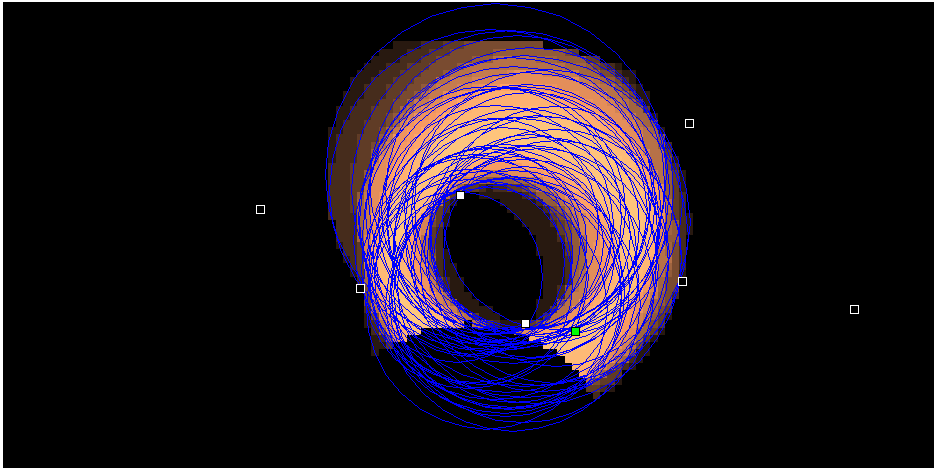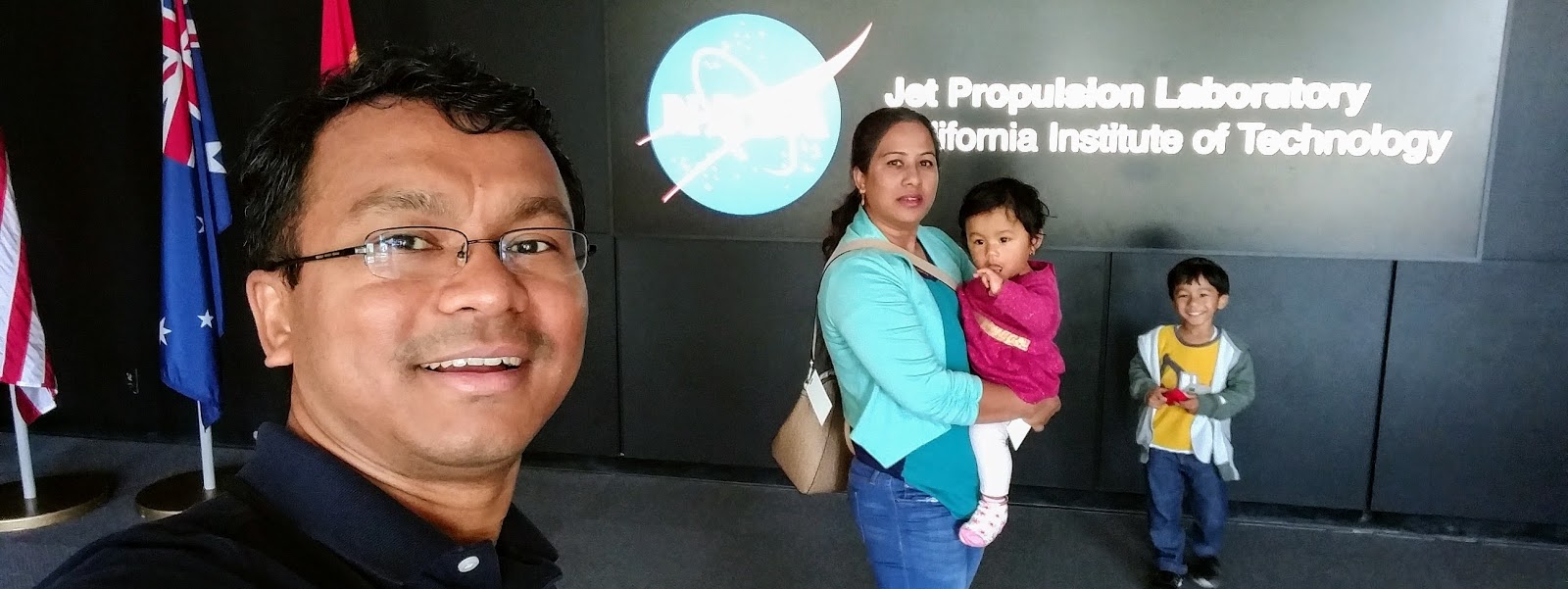Assistant Professor of Earth, Environment, and Physics Nabin Malakar, Ph.D., and student John Veneziano ’20 are focusing on heat vulnerability, looking at places where income level, age range (children and elders are particularly vulnerable), and housing environment stress leave people at risk of being impacted by extreme heat events. Their research will help communities make decisions about safety, Malakar says.
“It just stands out from the data,” Malakar says. “More than 50 percent of people are living in urban areas where the heatwave can seriously impact human health and wellbeing.”
Venezio and Malakar’s research poster “Identifying Areas Impacted by Extreme Heat Events in Worcester, Massachusetts” was presented at the 100th American Meteorological Society meeting in Boston in January.
Extreme temperatures are “one of the leading causes of hospital visits and health issues,” write Malakar and Veneziano in their abstract. The impact of these extreme temperature events will increase as the Earth warms as a result of climate change.
“We want to make people aware of it so in the future we can be prepared about future climate changes,” Dr. Malakar says.
Malakar and Veneziano looked at the “urban heat island” effect, caused by a larger number of people and buildings close together in urban areas, the number of extreme heat events, and the expected increase in the number of these events as a result of climate change and the urban heat island effect that Worcester experiences.
His presentation was well-received. “[There were] a lot of good responses to the presentation. John was enthusiastic about it,” Dr. Malakar says.
Working on this research was an opportunity for Veneziano to get experience and exposure. While Veneziano was very prepared going into the international conference, he was still “really nervous.” There were more than 1,000 posters organized by topic, and more than 40 people viewed with interest and asked questions about his presentation, Veneziano says.
“People were generally really curious about what I had to say,” Veneziano says, especially given that Malakar has worked with the core team of NASA scientists who worked on developing the satellite remote sensing data.
Veneziano and Malakar started working together when Veneziano was in one of Malakar’s environmental science classes. Veneziano was a “bright student” and he “stood out” Malakar says. While Veneziano was “kind of shy in the beginning,” he now needs minimal direction in the second year of their ongoing research.
“The purpose of research is to make the difference,” Malakar says. “The ultimate goal is to contribute to society to make a difference in people’s life.”










